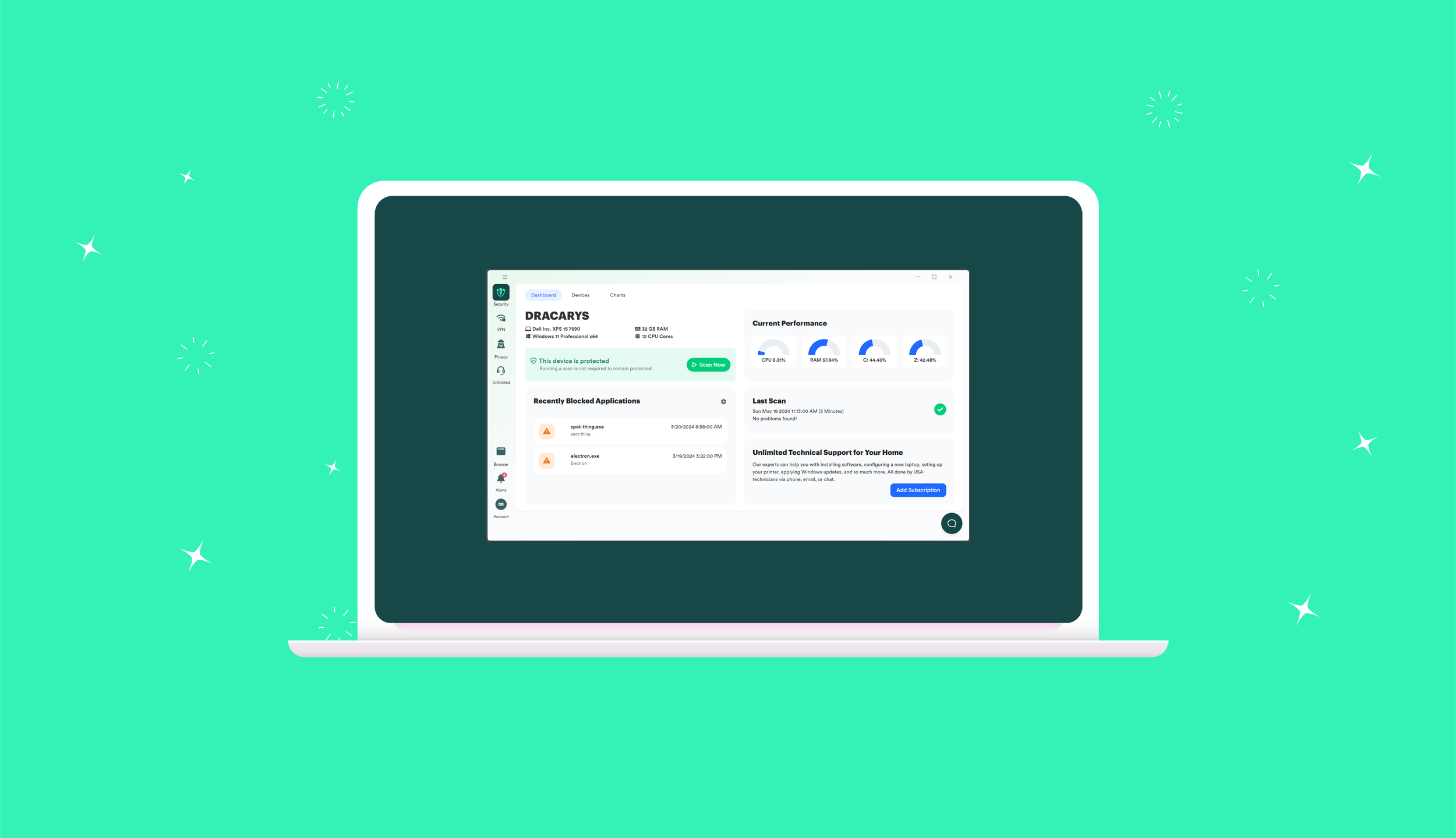Photo by engin akyurt on Unsplash
Sophisticated Phishing
Last week, cybersecurity company Proofpoint released their research on phishing website templates that accurately mimic various governments and agencies. With pover 300 campaigns observed since January, Proofpoint wants the public to know about the phone sites.
Often, they’ll come as a link in your email telling you to go to the link below to access the CDC, WHO, or other reputable sites. The link will then take you to a very convincing spoofed page. The page will ask for credentials to accounts like Google or your email or other personal information. This is usually coupled with the promise of increased information regarding stimulus money, COVID-19 testing, vaccines, and much more.
Staying Safe
The best way to avoid becoming a victim of phishing scams is to always visit a site directly. Making sure there’s a lock in the address bar and checking the web address, are also ways to keep your personal information locked down. With the increase in protection from antivirus products, many criminals have resorted to phishing attempts rather than trying to break into your computer. Additionally, phishing scams are becoming more sophisticated. Keeping yourself informed and educated is the only way to keep yourself safe.




